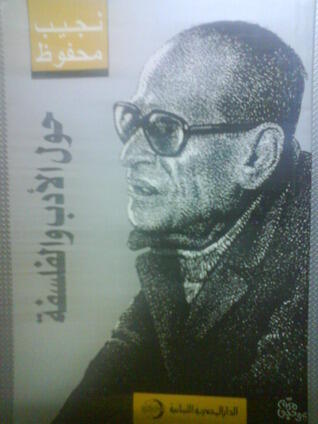
دراسة العلوم الاجتماعية: المجلد الثاني: المقارنة
Ancora nessuna valutazione
Science & Technology
Formato
Brossura
Pagine
310
Lingua
Arabo
Pubblicato
Nov 1, 2016
Editore
دار الفارابي - بيروت
ISBN-13
9786144327098
Descrizione
Through the lens of social sciences, the art of comparison takes center stage in this thought-provoking volume. A diverse group of scholars presents a comprehensive exploration into the intricacies of comparative analysis, highlighting its significance in understanding complex social phenomena. Each chapter delves into various methodologies and frameworks, providing readers with rich insights on how to effectively approach comparative studies.
With contributions from noted experts, the text addresses how the act of comparing shapes the way social scientists analyze data and draw conclusions. It challenges conventional notions and encourages a re-evaluation of existing paradigms. The discussions cover a spectrum of contexts and case studies, illustrating how comparative perspectives can illuminate broader social patterns and issues.
The authors navigate the delicate balance between theoretical constructs and empirical observations, offering nuanced arguments that contribute to the ongoing discourse in the field. Readers are invited to engage with the material critically, reflecting on their own practices and assumptions about comparison in social research.
Ultimately, this volume serves as both a resource and a catalyst for further inquiry, aiming to deepen the understanding of comparative methods within the social sciences and inspire future research endeavors.
With contributions from noted experts, the text addresses how the act of comparing shapes the way social scientists analyze data and draw conclusions. It challenges conventional notions and encourages a re-evaluation of existing paradigms. The discussions cover a spectrum of contexts and case studies, illustrating how comparative perspectives can illuminate broader social patterns and issues.
The authors navigate the delicate balance between theoretical constructs and empirical observations, offering nuanced arguments that contribute to the ongoing discourse in the field. Readers are invited to engage with the material critically, reflecting on their own practices and assumptions about comparison in social research.
Ultimately, this volume serves as both a resource and a catalyst for further inquiry, aiming to deepen the understanding of comparative methods within the social sciences and inspire future research endeavors.
Recensioni
Nessuna recensione ancora
Sii il primo a recensire questo libro e condividi i tuoi pensieri
Aggiungi Prima RecensioneRegistro di Lettura
Nessun registro di lettura trovato
Inizia a tracciare i tuoi progressi di lettura per vedere i registri qui
Aggiungi il tuo primo registro di letturaNote
Registro delle transazioni
Nessun registro delle transazioni trovato
Inizia a tracciare le tue transazioni di libri per vedere i registri qui
Aggiungi il tuo primo registro di transazione






